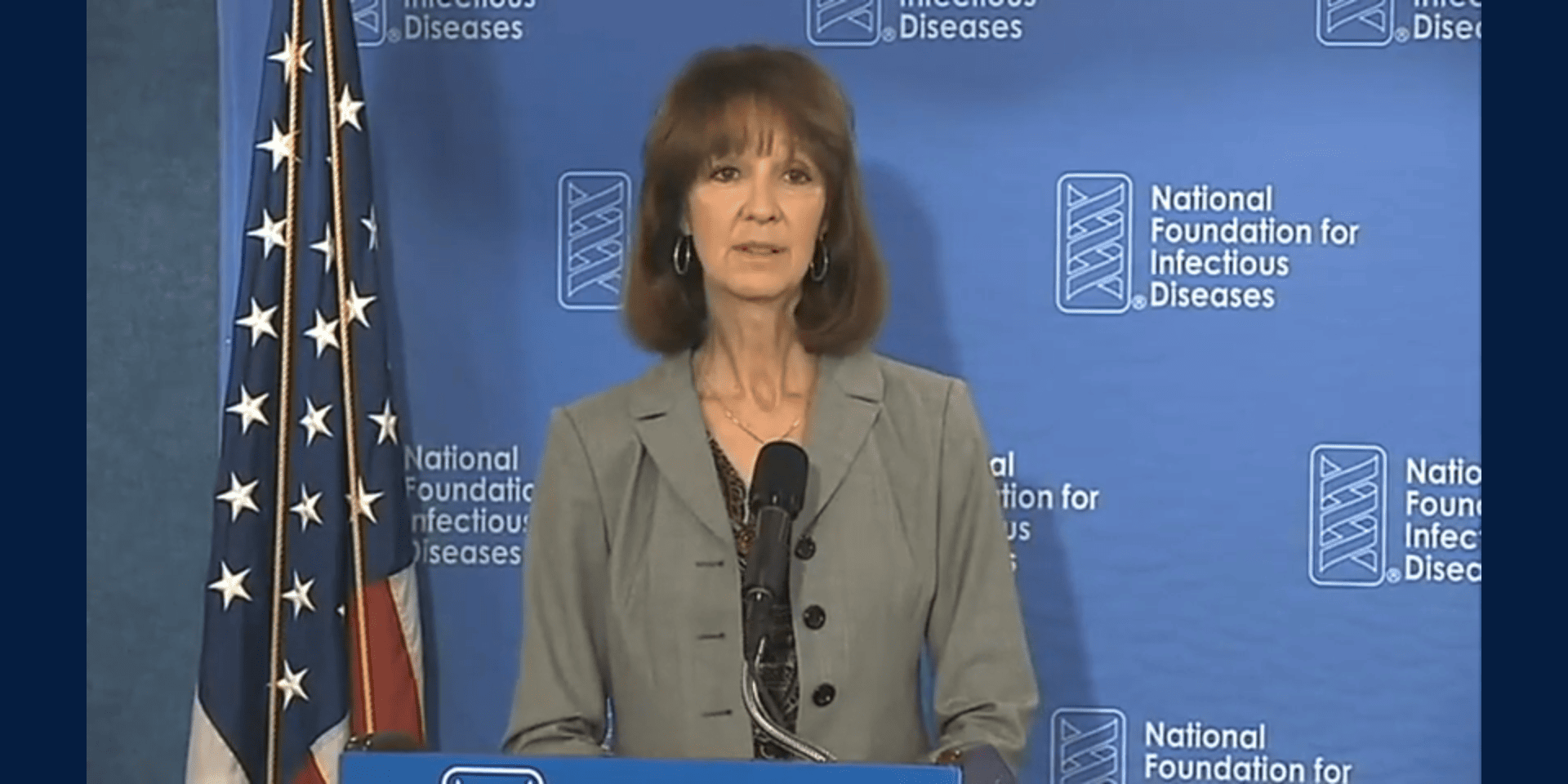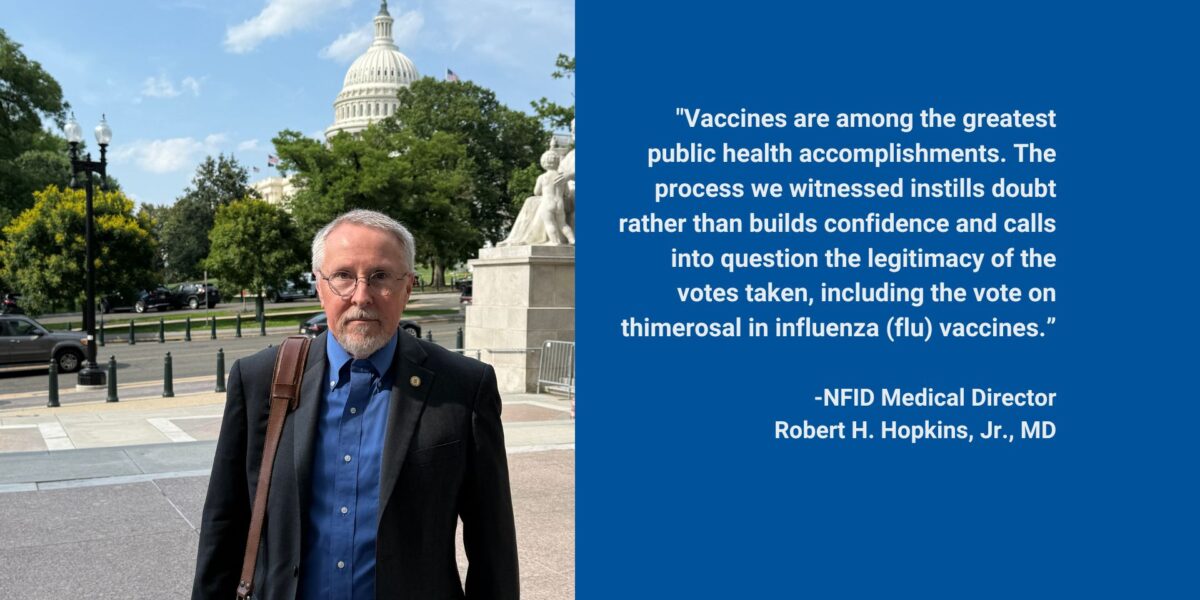
April 16, 2013 NFID News Conference on Adolescent Health and Wellness
While most parents seem to know the importance of taking their infants or young children for annual checkups, once a child enters the teen years, annual checkups often fall off the radar, according to a new NFID survey of more than 2,000 parents, teens, and healthcare professionals, conducted by Harris Interactive with support from Pfizer, Inc. While experts agree that teens should get annual medical checkups to be screened for health risks and discuss important health-related matters, perceptions exist that may contribute to millions of teens missing out on yearly visits.
The survey revealed a number of misperceptions and potential missed opportunities, including:
• ~60% of teens surveyed identified at least one reason for not getting an annual checkup; of those, about one-third believe that they only need to see a doctor when sick.
• When teens are joined by a parent in the exam room, it can restrict the conversation, according to 84 percent of physicians surveyed.
• About half of physicians surveyed assumed teens‘ friends were a most trusted source for health information but 43% of teens surveyed actually listed healthcare professionals as their most trusted source for health information.
Additional information and detailed survey results are available at adolescentvaccination.org and myteenshealth.com.
To join the conversation, follow us on Twitter (@nfidvaccines) and use the hashtag #teenhealth.
Related Posts

Flawed ACIP Process Leads to Confusion and Distrust
Public health experts and leading healthcare professionals share concerns regarding the June 2025 Advisory Committee on Immunization Practices (ACIP) meeting on US immunization policy …

Empowering Men to Prioritize Health
Staying up to date on all recommended vaccines and taking other steps to prevent illness helps ensure men are ready for what matters most—showing up for loved ones or simply enjoying life …

Autism and Vaccines: What the Science Really Says
Progress is being made in the search for the causes of autism, and this information may be valuable for families who are hesitant about vaccines
